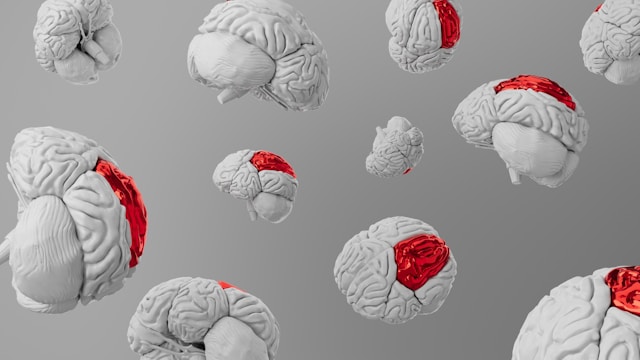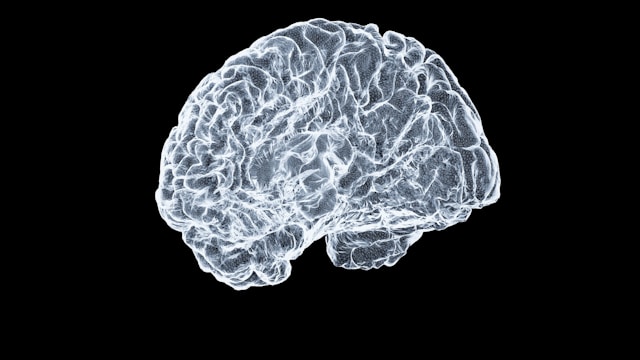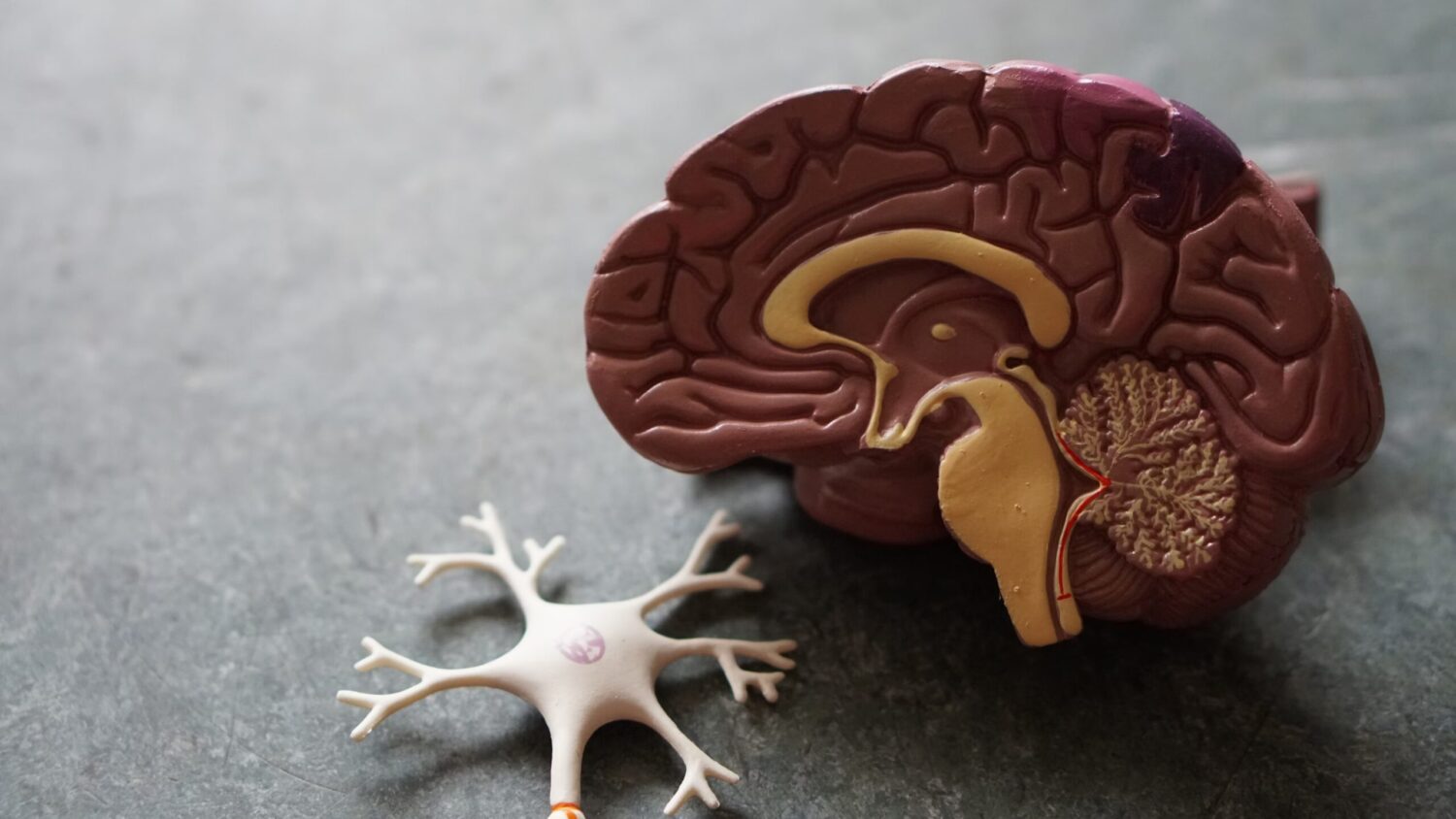Authors:
V.V. Zakharov 1 , P.A. Chernousov 1 , K.A. Vakhova 1 , A.N. Bogolepova 2.3
1 FGAOU VO "First Moscow State Medical University named after THEM. Sechenov »Ministry of Health of Russia (Sechenov University), Moscow, Russia;
2 FGAOU in Russian National Research Medical University named after N.I. Pirogov »Ministry of Health of Russia, Moscow, Russia;
3 of the Federal State Budgetary Institution "Federal Center for Brain and Neurotechnology" of the Federal Medical and Biological Agency of Russia, Moscow, Russia
Place of publication:
a journal of neurology and psychiatry named after S.S. Korsakova, 2024, T. 124, No. 4, Issue. 2
Summary:
arterial hypertension (AG) is a leading risk factor for the development of cardiovascular diseases, including with the development of cerebrovascular complications. The lesion of the brain as an agricultural organ is manifested by a stroke and/or vascular cognitive impairment (SKN) of varying degrees of severity. In order to identify and assess the severity of SKN, patients with AH need to conduct a neuropsychological examination, and to verify the vascular nature of disorders - neuroimaging. For the prevention and treatment of KN, along with antihypertensive therapy, the use of neuroprotectors plays an important role, among which ethylmethydlhydroxypirinate is a serious evidence base (reference drug - Mexol). Keywords: arterial hypertension, cognitive disorders, cerebrovascular disease, neuroprotection, ethyl -methylhydroxypyridine succinate, Mexidol.










